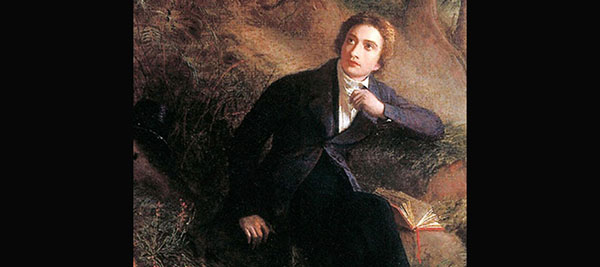
by Jack Ramey | Jan 31, 2018 | Art, Jack Ramey, John Keats, Poetry
Jack Ramey reads Ode To a Nightingale. My heart aches, and a drowsy numbness pains ….My sense, as though of hemlock I had drunk, Or emptied some dull opiate to the drains ….One minute past, and Lethe-wards had sunk: ‘Tis not through envy of...
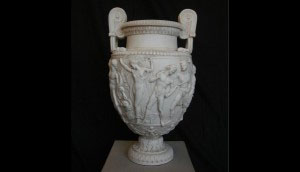
by Jack Ramey | Jan 30, 2018 | Art, Jack Ramey, John Keats, Poetry
Jack Ramey reads Ode on a Grecian Urn. Thou still unravish’d bride of quietness, …..Thou foster-child of silence and slow time, Sylvan historian, who canst thus express …..A flowery tale more sweetly than our rhyme: What leaf-fring’d...
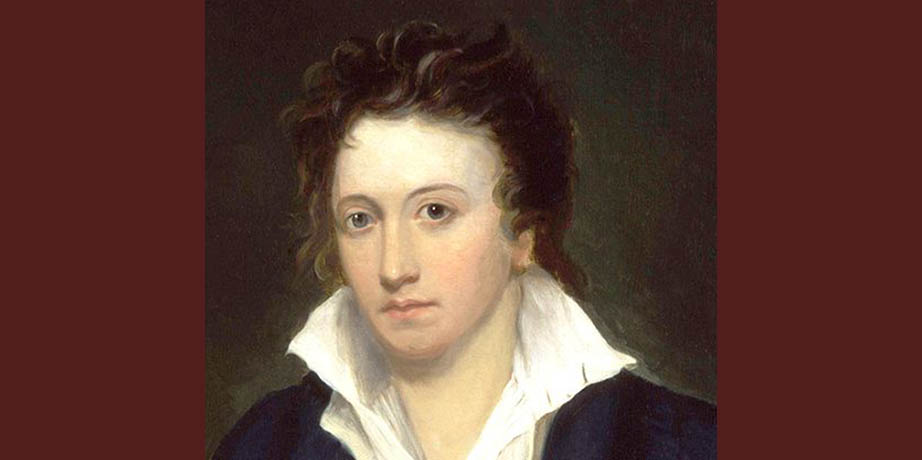
by Jack Ramey | Jan 29, 2018 | Art, Jack Ramey, Poetry, Shelley
I O wild West Wind, thou breath of Autumn’s being, Thou, from whose unseen presence the leaves dead Are driven, like ghosts from an enchanter fleeing, Yellow, and black, and pale, and hectic red, Pestilence-stricken multitudes: O thou, Who chariotest to...
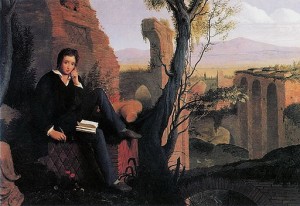
by Jack Ramey | Jan 28, 2018 | Art, Jack Ramey, Poetry, Shelley
I met a traveller from an antique land Who said: “Two vast and trunkless legs of stone Stand in the desert . . . Near them, on the sand, Half sunk, a shattered visage lies, whose frown, And wrinkled lip, and sneer of cold command, Tell that its sculptor...
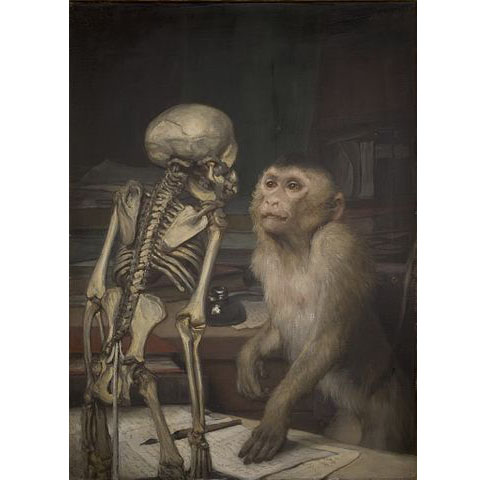
by Jack Ramey | Jul 1, 2017 | Art, Jack Ramey, plato, Poetry
The skin that hangs from this skeleton is cloud stuff: tree limbs on a hilltop seen from a moving vehicle – ineluctable like foxfire in nightwind, vanishing within seconds after sight. The tegument between these bones feels right; tightened to keep me strung high and...

by Jack Ramey | Feb 10, 2017 | Art, Jack Ramey, Poetry
. . . . . . . . . Withered willows in the Fall . . . . . . . .. . whither go thy leaves? The layers of oversight have been changed. Bare ruined choirs stain the landscape dripping with rain in late November. The 21st century limited exists in tandem with...







